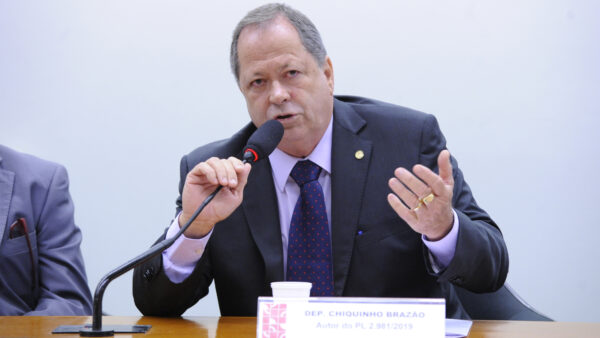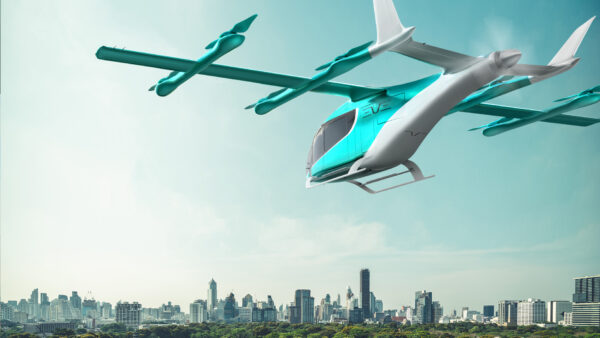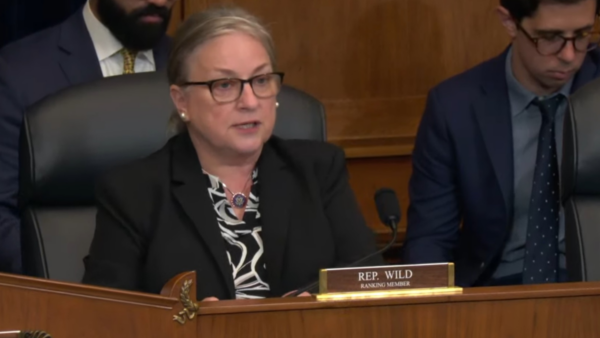Labor Minister Luiz Marinho on Wednesday told Congress that, should Uber leave Brazil due to potentially stricter labor laws for the gig economy in the future, it will be the company’s problem.
“The press says: What if Uber leaves Brazil? First, Uber will not leave Brazil because it is its largest market; second, if they wish to leave, it’s only Uber’s problem. Because other competitors will fill in that space,” Mr. Marinho told members of the House Oversight Committee.
Uber’s public data for investors disproves Mr. Marinho’s statement. In Q1 2023, the U.S. and Canada were by far the ride-hailing platform’s largest source of revenue, with Latin America standing in fourth and last place among the regions serviced by Uber.
According to the Institute of Applied Economic Research, Brazil has over 1.7 million self-employed workers in the transportation sector. This includes couriers, taxi drivers, and app drivers, among other categories.
On May 1, the Luiz Inácio Lula da Silva administration created a working group tasked with proposing new regulations for transportation and delivery apps. The group includes representatives from the government, workers, and the app companies. The five-month deadline for the group expired in late September, but no proposal has been publicly presented.
Mr. Marinho said that “unfortunately,” the group is not reaching an agreement, “especially with the delivery companies” — a reference to apps such as iFood and Rappi. The minister added that should the group not come to a consensual proposal, the federal government will nonetheless submit a bill to Congress, which will have “the final say.”
The labor minister added that the last labor reform, enacted in 2017, led to an “absurd degradation of the work environment.” Members of the Workers’ Party have pledged for years to reverse or change the reform.
Last month, Presidents Joe Biden of the U.S. and Lula launched a workers’ rights partnership, aimed primarily at the gig economy — but no specific policy has been announced.
Battling in the courts
A Brazilian trial judge recently ruled that Uber must register all drivers as formal workers — although high courts have leaned on the side of platforms. Gig workers’ associations are themselves against the ruling.
“A lot has changed since this case began in the court system, seven years ago. Workers today don’t want to be formal employees … What we want is a fair rate and a flat 25 percent commission to be paid to apps — instead of today’s system, in which platforms can eat up between 20 and 50 percent of a ride,” recently said Eduardo Lima de Souza, president of AMASP, an association of courier workers of São Paulo.
A Datafolha poll commissioned by Uber and iFood with 2,800 gig workers showed that 75 percent of respondents prefer to work under the current, flexible rules, and 14 percent would prefer to work under Brazil’s traditional labor laws. The poll also showed that 69 percent of Uber drivers would pay for social welfare if the company automatically deducted from their pay.
Mr. Marinho said some app drivers work “14, 16, 17 hours per day,” in conditions “close to labor analogous to slavery,” and that regulation should include a minimum wage, limits to excess hours, and welfare for cases of sickness or accidents.


 Search
Search











































